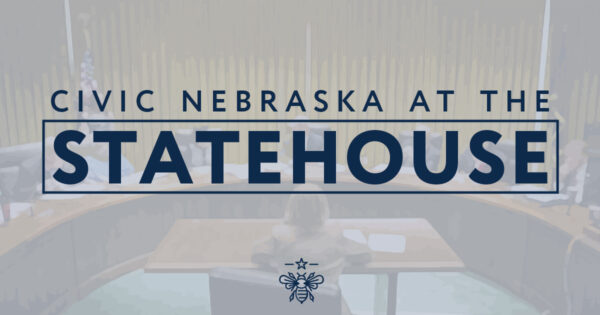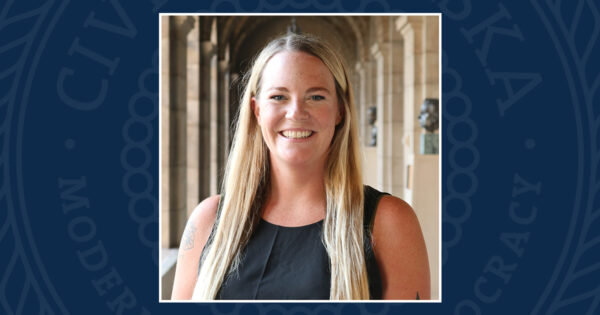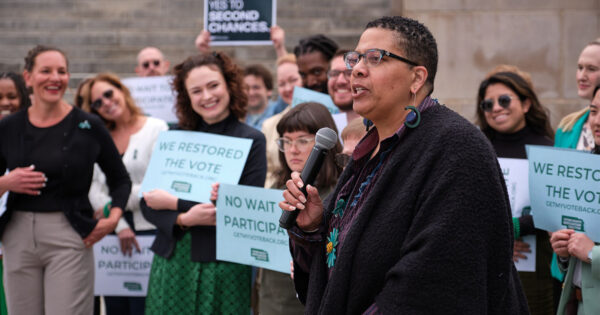
Civic Nebraska @ the Statehouse: 2024 session in review
Director of Public Policy Heidi Uhing on the 2024 session of the Nebraska Legislature.

Anyone can claim, exercise, and share civic power, and create meaningful change.
by Steve Smith Civic power collects. It compounds. And, if fully realized, it spreads to new places, energizes, and multiplies. In 1981, President Jimmy Carter touched on the inherent nature of this vast, largely untapped power in his farewell address. “In a few days, I will lay down my official responsibilities in this office,” Carter said, “to take up once more the only title in our democracy superior to that of president, the title of citizen.”
Civic power collects. It compounds. And, if fully realized, it spreads to new places, energizes, and multiplies. In 1981, President Jimmy Carter touched on the inherent nature of this vast, largely untapped power in his farewell address. “In a few days, I will lay down my official responsibilities in this office,” Carter said, “to take up once more the only title in our democracy superior to that of president, the title of citizen.”

Director of Public Policy Heidi Uhing on the 2024 session of the Nebraska Legislature.

The Lincolnite brings her community-building and program-growing expertise to Civic Nebraska.

5618 N 14th Ave.
Omaha, NE 68110
6901 Burt St.
Omaha, NE 68132
3300 N. 22nd St.
Omaha, NE 68110
2200 Dodge St.
Lincoln, NE 68521
2229 J St.
Lincoln, NE 68510
2635 N. 63rd St.
Lincoln, NE 68507